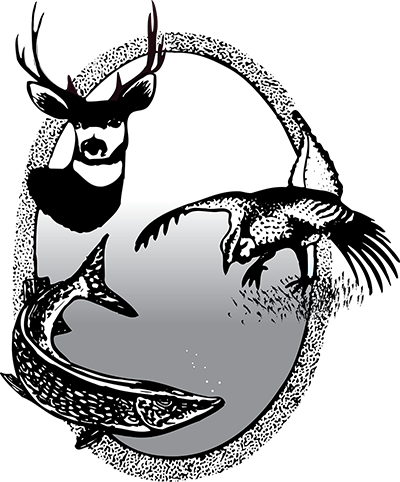
Invasive Zebra Mussels Found in Aquarium Moss Balls, Quarantine Issued
The North Dakota Game and Fish Department and the North Dakota Department of Agriculture are urging pet stores, aquarium owners and plant enthusiasts to take action after invasive zebra mussels were found in moss ball plants in North Dakota and other states.
The moss balls (Aegagropila linnaei), also known as Marimo balls, are sold at many aquarium and pet supply stores, as well as some floral shops and nurseries.
Anyone in possession of these moss balls should take the following actions to safely destroy and dispose of the products.
“Proper disposal of infested moss balls is critical. Do not dispose of moss balls down drains, or in streams, ponds or lakes,” North Dakota Game and Fish Director Terry Steinwand said. “Once in our waters, zebra mussels reproduce rapidly and have negative impacts to fish and wildlife populations and water quality.”
DESTROY in one of three ways:
- Freeze - Place the moss ball into a sealable plastic bag and freeze for at least 24 hours.
- Boil - Place the moss ball in boiling water for at least 1 full minute.
- Bleach / Vinegar - Submerge the moss ball in regular, unscented bleach, diluted to 1/3 cup per gallon of water, for 10 minutes; or undiluted white vinegar for 20 minutes.
DISPOSE of the moss ball and any packaging in a sealed plastic bag in the trash. If vinegar, boiling water, or bleach was used, the liquid can be disposed down a household drain — never down a storm drain where it could enter and damage local waterways.
DRAIN and clean the aquarium by following directions on the U.S. Fish and Wildlife Service at https://www.fws.gov/fisheries/ANS/zebra-mussel-disposal.html. Do not pour untreated water down the drain.
“Zebra mussels are a very destructive aquatic invasive species causing significant damage to native fauna and impact ecosystems throughout the United States,” Agriculture Commissioner Doug Goehring said. “A zebra mussel outbreak would be highly devastating to North Dakota lakes and waterways.”
The North Dakota Department of Agriculture has issued a quarantine on the moss ball plants and any other aquatic species found to be infested with zebra mussel to prevent the spread of the invasive mussels to or within North Dakota. The temporary regulations and its associated rules are effective immediately and the quarantined area includes all states, districts and territories of the United States. Any person violating the regulations is subject to penalties in accordance with North Dakota Century Code chapter 4.1-23-08.
The full quarantine order may be found at www.nd.gov/ndda.
